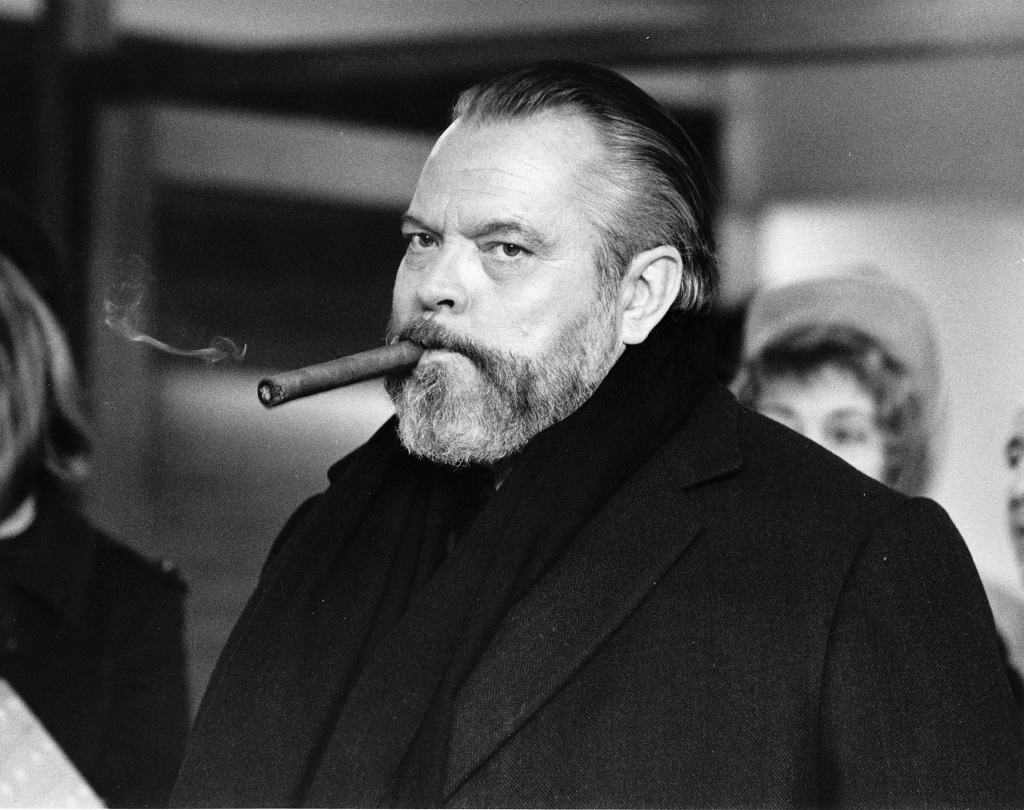Few personalities can be credited with having revolutionized an industry like Orson Welles (1915-1985) did. Thanks to his innovative style and cutting-edge ideas, this acclaimed writer, director, and producer will always be remembered for his radio, film, and theater contributions. Here is Orson Welles net worth, revolutionary achievements, and lifestyle with a review of the life and career of one of the most important filmmakers in history.
Orson Welles biography
George Orson Welles was born on May 16, 1915, in Kenosha, Wisconsin. His father was a well-known inventor named Richard Head Welles, while his mother, Beatrice Ives Welles, worked as a pianist. The couple separated in 1919, and Orson moved to Chicago with his mother to start living with his father five years later, after Beatrice’s death.
Orson Welles studied at an independent school in Illinois. At this institution, he discovered his love for theater and radio before graduating in 1931.
Orson Welles would appear on Broadway, just 19 years old, in an adaptation of Romeo and Juliet. ohn Houseman offered him a job at the Federal Theater Project, where Welles would direct his early plays.
Orson Welles net worth
Despite the show making it clear on a couple of occasions that it was all a dramatization, experts have debated the size of the wave of panic caused by The War of the Worlds. According to Forbes and other reports, his net worth is about 20 million dollars. Some speak of thousands of maddened citizens.
His arrival on the radio
The partnership between Orson Welles and John Houseman would lead them to found the Mercury theater company. This project would have its weekly radio show, called The Mercury Theater on the Air. Although in principle, the ratings were low, everything would change on October 30, 1938.
“War of the Worlds” was the episode broadcast by the program that day. In what was simply a radio adaptation of the HG Wells novel, Orson described in exhaustive detail the events of an alien invasion of New Jersey. The passion with which Orson Welles narrated the episode’s events made hundreds of people in the United States believe that the invasion was occurring.
When listeners found out that it was a radio show, they were enraged. However, the popularity of the Welles soared through the roof.
Orson Welles in Hollywood
Building on the popularity after October 1938, the RKO Company offered a contract to Orson Welles. That agreement gave him complete freedom and creative control to direct two films.
Finally, in 1941, Orson Welles made his film debut with Citizen Kane. In addition to producing, directing, and writing the script, Welles would play the role of Charles Foster Kane, the story’s protagonist. The film was based on the life of media mogul William Hearst, who considered it defamation and prohibited any publicity for the movie in his enormous network of newspapers and magazines, thus preventing it from being screened in many cinemas.
Hearst’s attack severely affected the film’s earnings, although this did not prevent it from being critically acclaimed. She was nominated for nine Oscars. In 1956, after being broadcast on television, the feature film achieved the fame it deserved among viewers.
Regardless of whether people ask me what my favorite movie is or what is the best movie ever, the answer is always the same: Citizen Kane.
His last years
Following the success of Citizen Kane, he directed the acclaimed films, Othello and Mister Arkadin, shot in Europe. In 1958 he returned to Hollywood to direct Sombras del mal (Thirst for evil). Later, Welles would travel to Europe again, acting in films such as David and Goliath and Ferry to Hong Kong.
For most of the 1970s, Welles suffered from serious health problems due to his obesity. His career was severely compromised by these difficulties, which allowed him only short appearances on television or radio programs. During this time, he worked on his adaptation of Don Quixote de la Mancha, which he never completed.
On October 10, 1985, Orson Welles died at his home in Los Angeles. Three decades later, already in 2018, The Other Side of the Wind was published, a film directed by Orson Welles during the 70s that had to be rebuilt between the parts that the filmmaker left behind.


